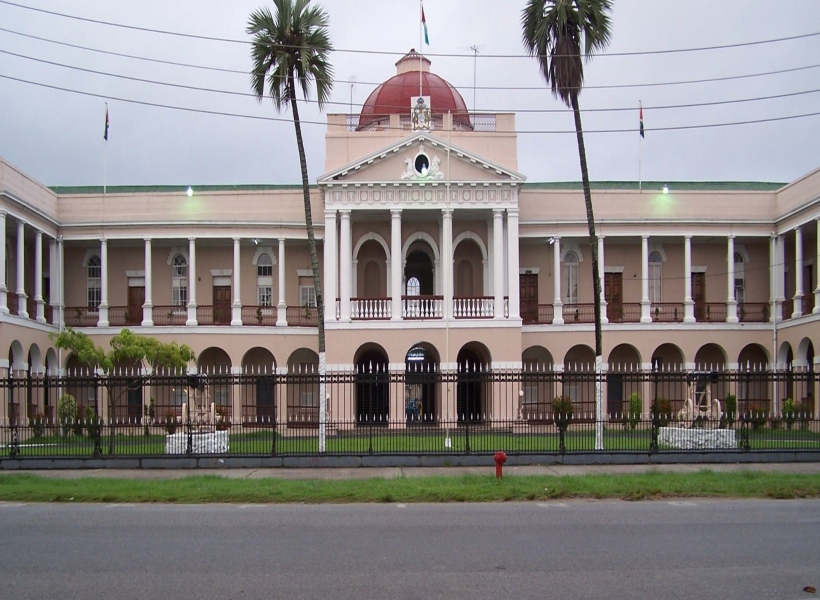Trade between Africa and the Caribbean could rise to US$1.8 billion per year by 2028 if value addition, trade facilitation and improved logistics are prioritized, according to new research by the International Trade Centre (ITC) and African Export-Import Bank (Afreximbank).
Current bilateral trade in goods between the two regions is worth US$729 million.
These preliminary findings were released in Nassau, The Bahamas, as part of the launch of the ITC-Afreximbank ‘Strengthening AfriCaribbean Trade and Investment’ project during the 31st Afreximbank Annual Meetings and the third AfriCaribbean Trade and Investment Forum (ACTIF). The research shows that the travel and transport sectors offered the greatest potential contribution to that growth, making up two-thirds of the potential ‘services trade’ between the two regions.
These latest findings also show that, in the goods segment, minerals and metals; wood, paper, rubber and plastics; processed food and animal feed are the three most important sectors.
The objective of the project is to boost trade and investment in Africa and the Caribbean, and to enhance cooperation between the private sectors of the two regions.
Following this launch, Afreximbank and ITC will develop in-depth profiles of sectors in the two regions to map out these five promising value chains and identify barriers to, and requirements for, growth. The results of this analysis will be featured in a comprehensive report that will be published at the Fourth ACTIF in 2025.
Prof. Benedict Oramah, President and Chairman of the Board of Directors of Afreximbank, reacting to the findings, said: “The report confirms the vast Africa-Caribbean trade and investment opportunities that remain untapped. It provides a strong validation of Afreximbank’s Caribbean Strategy.”
With a project pipeline of US$2.5 billion and an investment pipeline worth US$1.5 billion, the Bank he said has demonstrated its commitment to realizing opportunities across the two regions. The productive collaboration between Afreximbank and ITC is a testament to this, as it aims to bridge the knowledge gap and build capacity among small and medium-sized enterprises, which are critical for the growth of Africa-Caribbean trade and investment.
ITC Executive Director Pamela Coke-Hamilton in his remarks was keen to note that businesses can be among the first to drive and benefit from increased trade between these two regions, as they form the backbone of both African and Caribbean economies. He said, “There are huge growth opportunities if the right sectors are prioritized for development and investment.”













